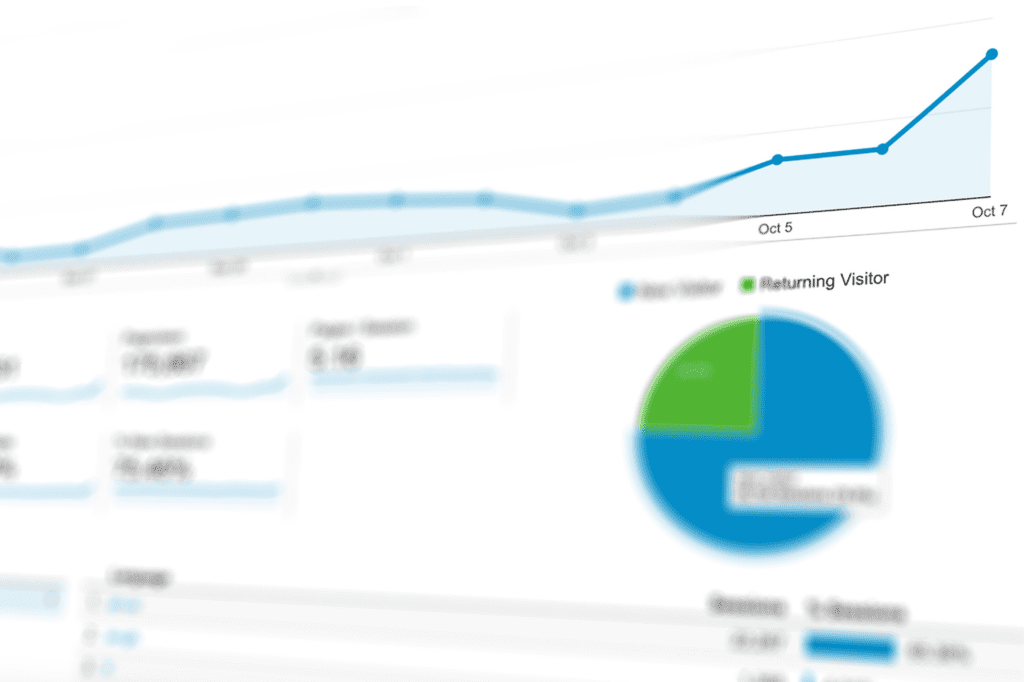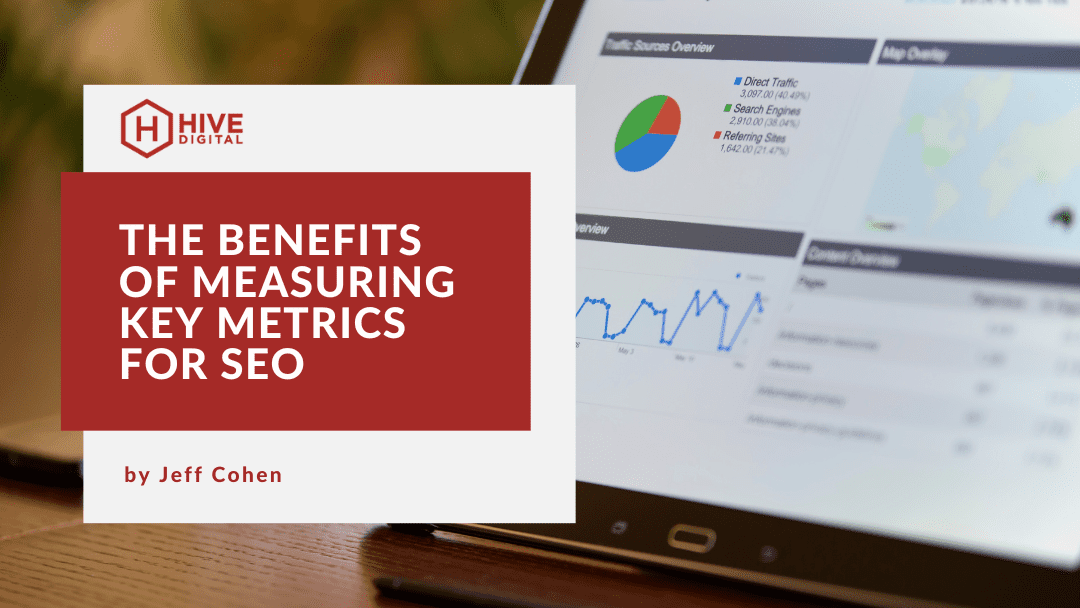At its core, search engine optimization is about improving visibility in the search results so you can increase traffic to your website. The tricky part is in making sure you’re showing up in front of the right audience to drive the right traffic. Over the life of your website you’ll work to put together different strategies and techniques, that may include everything from updating your website’s content regularly, ensuring the user experience is optimal (with regards to UX and site speed), making sure the site is easily crawlable with as few technical issues as possible, and building high-quality backlinks from other authoritative sites.
Using Your Web Analytics Data Tactically
While there are a number of tools and resources available for researching and planning your SEO strategy, one of the most important methods for the ongoing optimization of your site is knowing how to make use of the various metrics you get from your own website’s analytics and Google Search Console data. While the idea of sifting through all of that web data may seem daunting at first, there are a few key metrics that can provide a good picture of how your work is panning out.
Why Should I Use Google Search Console Data?
These Google Organic Channel metrics are important because they provide valuable insights into how search engines see and rank your website. It should be noted that Bing also has a great set of Webmaster Tools, and it’s worth using them as well. But in most cases if you have a website focused on business in the US then you’re most likely getting most of your organic traffic from Google.
This data can help you to better understand exactly how your website is performing in search results, as well as what aspects of your site need improvement. For instance, if you notice that your search traffic has been steadily declining over time, reviewing the Impression and Click data from both a query and page level found in Google search console can help you to pinpoint which specific factors are causing this decline so you can put together tactics to improve your search rankings.
Here are 5 common metrics for SEO that can help you measure the general progress of your website optimization efforts:
- Organic Traffic (Web Analytics)
- Organic Impressions (Google Search Console)
- Organic Click Through Rate (Google Search Console)
- Keyword Position/Ranking (Google Search Console and/or External Tools)
- Page Experience/Speed (Google Search Console and/or External Tools)
Keep in mind, there are several other key performance indicators that you may want to track based on your business and website goals. In an ideal scenario you would want to establish your KPI’s for a mix of goals and work with an Analytics Specialist to ensure data and goals are configured with best practices in mind and that reports and dashboards are created to easily monitor performance. Having access to this information can allow you to make data-driven decisions about SEO strategies and future content strategies for your website. Overall, utilizing your web analytics platform along with Google search console data is a smart move for anyone who wants to get the most out of their search engine optimization efforts.

Why Are Organic Search Metrics Important?
These metrics can tell you a lot about how search engines view your site, as well as how well you are connecting with your target audience. By monitoring these different factors over time, you can learn more about how visitors engage with your site as well as identify areas where your strategy may need work, helping you to optimize your content’s relevance, improve search engine visibility and ultimately increase ROI.
Regularly monitoring and measuring your SEO efforts brings enormous benefits when done correctly and having a clear understanding of your business and its current position is crucial in order to identify the parts of your strategy that are working and not working; this will enable you to:
- Improve your current SEO strategy
- Enhance your page experience
- Develop relevant content for your audience using “intent”
- Attract more qualified traffic
Monitoring key metrics regularly is critical for your SEO strategy. By doing so, it allows you to adapt to changes in the marketplace, adjust to updates to Google’s search algorithms, improve your search visibility, and to position your site in front of the right customers. In today’s digital landscape, search engine optimization is a crucial part of online marketing, and it’s essential to understand the factors that contribute to success. SEO metrics enable you to evaluate the effectiveness of your efforts and make adjustments based on the data.
If you’re ready to learn more about how to measure your SEO efforts for digital marketing success then feel free to connect with our team today for your free consultation.

